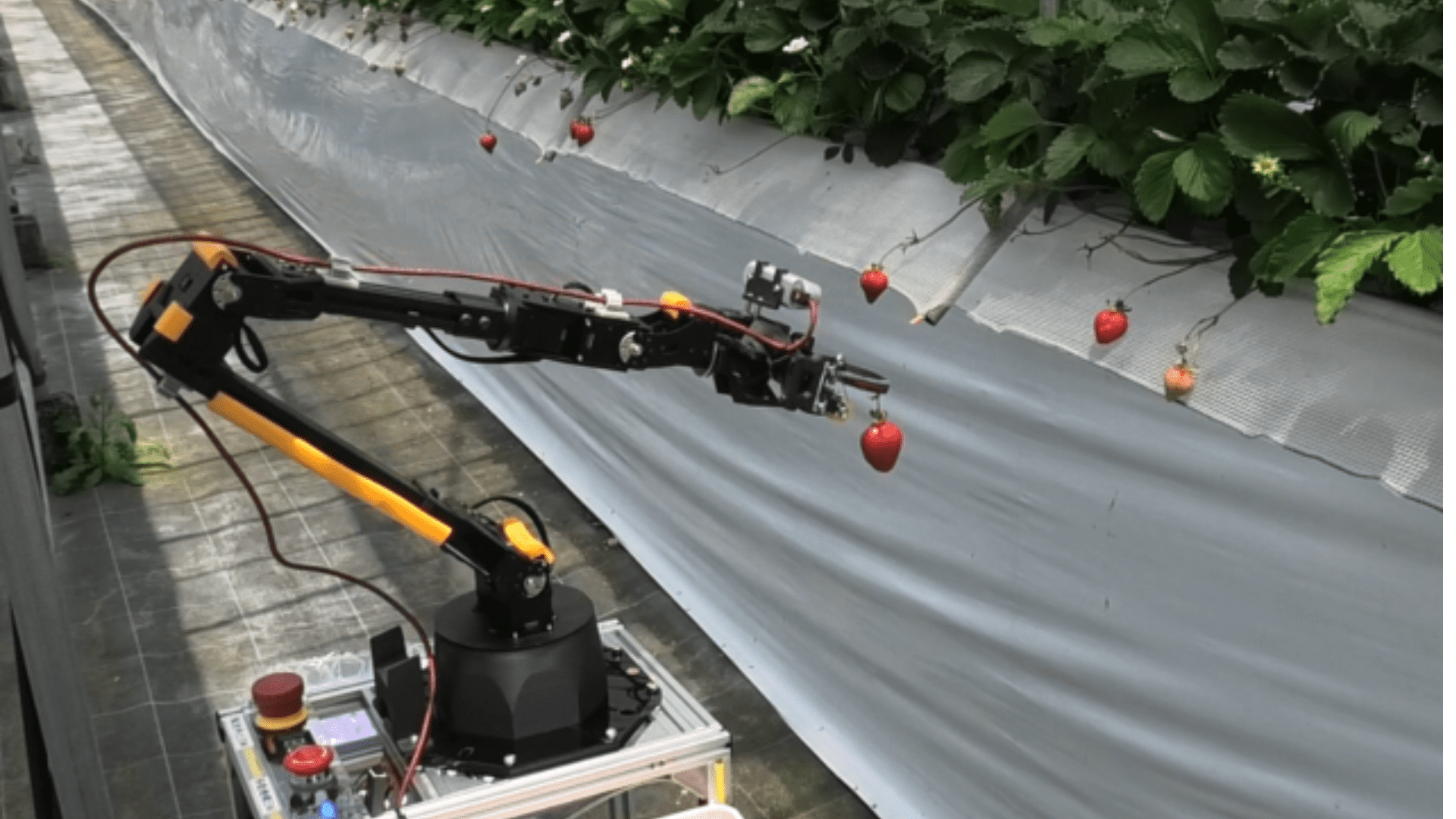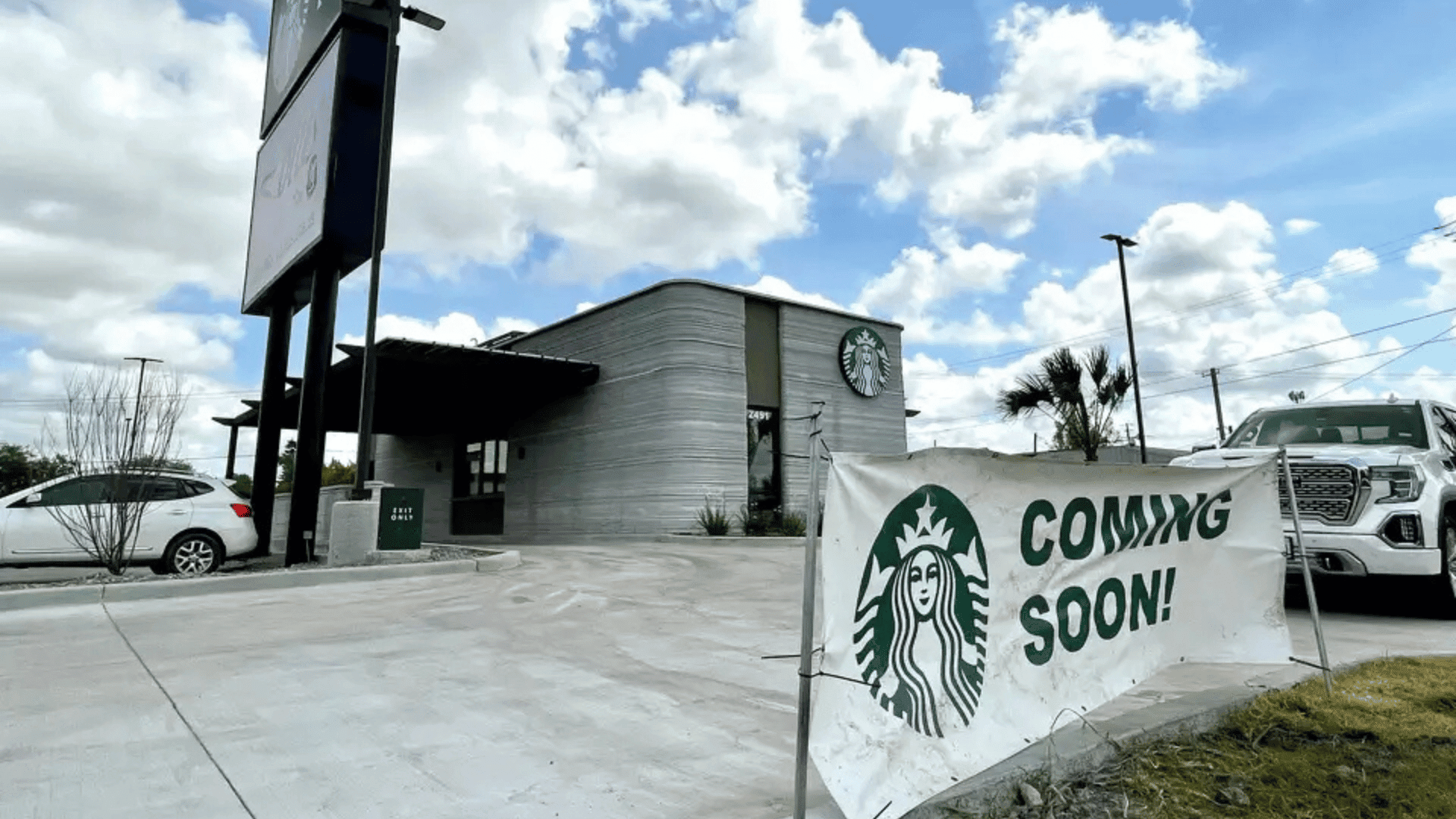The airless tires that NASA created to help Mars Rover missions could soon be a part of your bike commute to work. The SMART Tire Company, in partnership with NASA, is in the process of developing completely flat-proof bike tires.
NASA’s Glenn Research Center in Cleveland developed these airless, non-pneumatic tires that use a shape memory alloy (SMA) out of Nitinol, a combination of nickel and titanium. The tires can travel safely and effortlessly over rocky and sandy terrain (perfect for Mars!) because the wires are woven together to be able to flex with the terrain.

Photo Credit: NASA
The SMA allows the load-carrying capacity of the tire to increase and for the tire to be able to withstand excessive deformation without permanent damage. Though that tread will wear away more over time, SMART claims that the tire will produce less waste and need to be disposed of less frequently than standard rubber tires.
The SMART Tire Company is now working on using these tires in commercial bike tires with their METL™ bike tire prototype. This METL™ tire is made from Shape Memory Alloy Radial Technology (SMART) and is the first-ever non-pneumatic bike tire alternative. Working alongside Felt Bikes, which provides bikes for research and innovation, SMART anticipates their first METL bicycle wheels to be available to the public in 2022. They’ve also partnered with the scooter company Spin to begin work on developing their memory alloy tires for e-scooters.

According to Fast Company, SMART is also in the process of developing car-sized tires using the same technology, but the regulatory requirements for bikes are lower than that of cars so they’ll be able to get the bike tire technology to the market much quicker. In their tests thus far, however, they were able to show that one single car tire can withstand and support 20,000 pounds of weight.
In a similar airless tire innovation, Michelin, in partnership with GM, announced that it plans on bringing airless car tires to the road as soon as 2024. Michelin’s airless tire design is called Uptis (Unique Puncture-proof Tire System); instead of relying on air pressure, the internal composite structure of the tire provides the support the tread needs. Michelin says that these tires could massively reduce the 200 million tires scrapped prematurely annually due to damage.
For more information about the technology and sustainability of tires, tune in to Tomorrow’s World Today’s “The Tires of Tomorrow” streaming NOW on Science Channel GO and Discovery GO!







